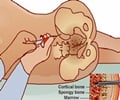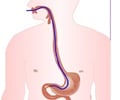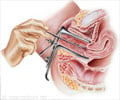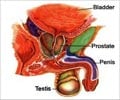General Info About Breast Biopsy
Breast biopsy involves removing a sample of breast tissue and examining it under a microscope to determine whether it is cancerous or benign (non-cancerous).
A breast biopsy is advised if the health care provider is concerned about breast cancer because of an abnormal mammogram or breast ultrasound, or a palpable growth during physical examination.
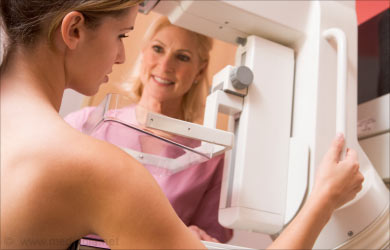
Breast biopsy can be performed by various techniques-
- Fine Needle Aspiration Cytology Biopsy (FNAC).
- Core Needle Biopsy (CNB).
- Vacuum-assisted Biopsy.
- Excision Biopsy (surgical biopsy).
Imaging guidance (x-ray, ultrasound or MRI) is required for non-palpable breast growth or lumps.
Advantages of non-surgical biopsies-
Non-surgical biopsies
- Are less stressful for the patient.
- Minimize the risk of complications like bleeding and infection.
- Cause minimum skin scarring.
- Leave no internal scar to interfere with the accuracy of future mammograms.
Disadvantage of non-surgical biopsies-
- Non-surgical biopsies are not always as reliable as surgical biopsies in producing a conclusive diagnosis. Some patients who undergo a non-surgical biopsy have to undergo a follow-up surgical biopsy.
The results for small biopsies and fine needle aspirations may be available the next day. The result of most breast biopsies is available within a few days after the procedure. Sometimes special testing is required, and the results may take longer.


